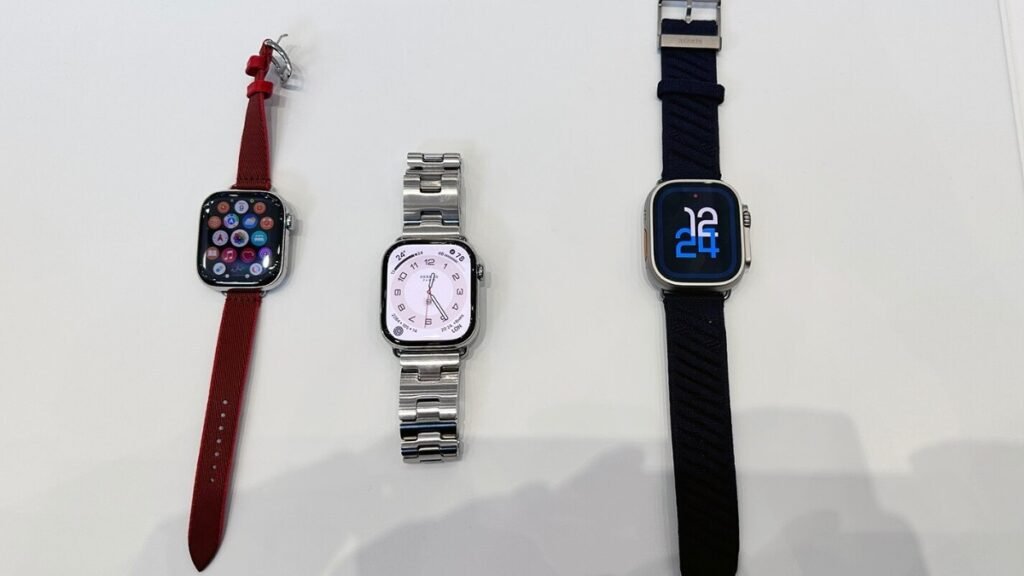As World Heart Day brings attention to the importance of heart health, a new survey by LocalCircles reveals a surprising trend: Most people who own a fitness tracker don’t actually use it . The survey, which collected responses from over 33,000 citizens across 278 districts in India, reveals the reasons behind this widespread abandonment of fitness equipment.
An astonishing 79% of respondents who own a fitness band or smartwatch reported having at least one unused device lying around at home. Some homes had four or more trackers thrown away. This suggests a disconnect between the initial enthusiasm for fitness trackers and the reality of incorporating them into everyday life.
Reason for abandonment
This study identified some of the top reasons why people stop using fitness trackers.
Lack of perceived need: 35% of respondents said they no longer use a tracker because they exercise regularly and don’t feel the need for a device that tracks their activity.
Inconsistent exercise habits: 17% admit that their tracker constantly reminds them of their inactivity, making it difficult to exercise regularly.
Charging hassle: 13% cite the inconvenience of daily charging as a reason for abandoning their tracker.
These findings indicate that for many people, the initial motivation for purchasing a fitness tracker, whether for personal use or as a gift, fades over time, relegating the device to the back of a drawer.
Missed opportunity to monitor heart health
Fitness trackers come with a variety of features such as heart rate monitoring, but only 34% of regular users take advantage of this feature. This highlights a missed opportunity to leverage fitness trackers to increase awareness of heart health.
“With only 34% of fitness band users tracking their heart rate, it’s clear that we need to recognize the importance of heart rate tracking and promote such functionality where it exists. ” notes the LocalCircles report.
Key points and recommendations
The LocalCircles study highlights the need to raise awareness about the benefits of fitness trackers, especially heart health monitoring. The findings also suggest that manufacturers should focus on developing devices that are easier to use, require less frequent charging, and offer features that meet individual needs and fitness goals.

